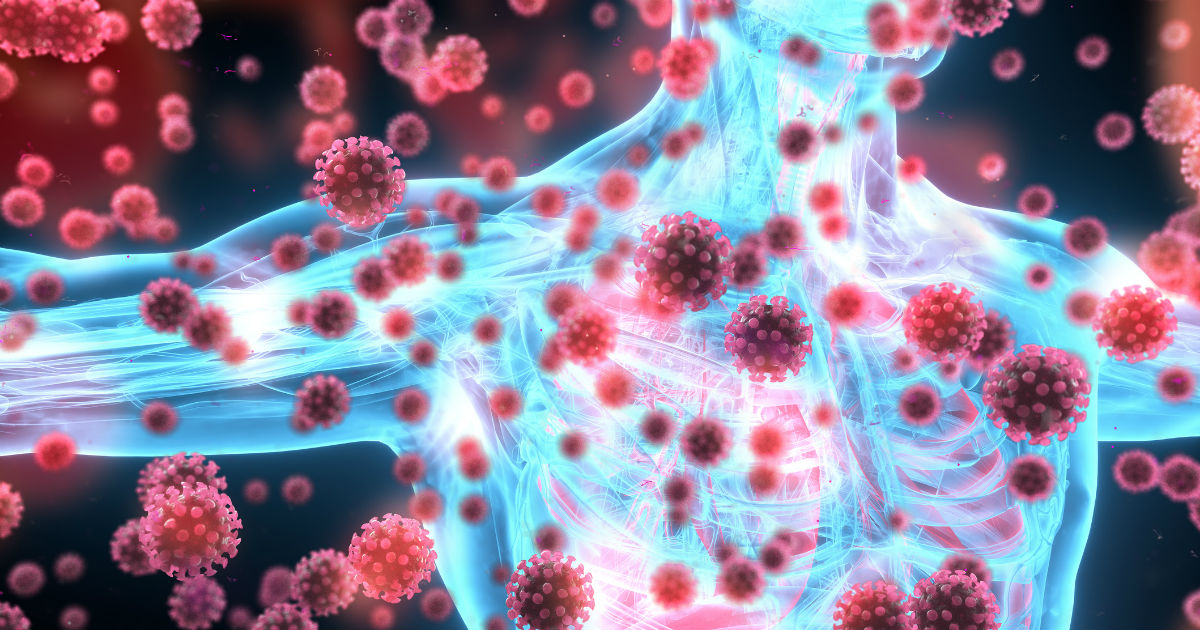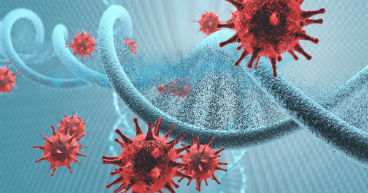
If having a compromised immune system makes you more vulnerable to COVID-19 and other viruses, does supporting the immune system automatically protect you? The answer is different for every patient. A healthy immune system may not prevent you from getting infected with the virus, but it may help some patients recover faster.
Australian researchers who tracked COVID-19 patients found many healthy patients with strong immune systems were able to recover quickly. “We showed that even though COVID-19 is caused by a new virus, in an otherwise healthy person, a robust immune response across different cell types was associated with clinical recovery, similar to what we see in influenza," University of Melbourne Professor Katherine Kedzierska told Science Daily.
But many cancer patients don’t have robust immune systems. Also, many are in their 60s or older, and have a greater risk for contracting the disease and experiencing more acute symptoms. So, it’s critical for cancer patients to do what they can to maintain a healthy immune system. To help those efforts, Carolyn Lammersfeld, Vice President of Integrative Care Services at Cancer Treatment Centers of America® (CTCA), shared some do’s and don’ts:
Do: Eat a rainbow of fruits and vegetables of various colors as part of a balanced diet.
Proper nutrients are essential to immune function. Proteins high in zinc, such as beans, peas, nuts and legumes, help spur the formation of white blood cells and antibodies, which fight disease. Berries and bell peppers, and cruciferous vegetables like broccoli, cauliflower, cabbage, Brussels sprouts and collard greens, have lots of vitamin C. Vitamin D can be found in fatty fish such as salmon, tuna and sardines.
Don’t: Go out in public unless absolutely necessary.
If you must go outside, remember to wear a mask. Bring hand sanitizer or wipes if you have them. Consider taking advantage of grocery and restaurant delivery services to avoid going out or ask a neighbor or friend to do the shopping for you and leave the food at your front door.
Do: Make sure you’re consuming enough calories.
A diet lacking sufficient calories and protein may compromise the immune system. If you’re having difficulty maintaining your weight, or if you’re losing weight, Lammersfeld advises contacting your care team so they can make adjustments to your nutrition plan. Consider taking a multi-vitamin, but only after consulting with your doctor, even if it’s a seemingly innocuous over-the-counter product.
Don’t: Smoke or use any tobacco product.
In addition to the myriad documented adverse health risks caused by smoking, smokefree.gov notes that “smokers get more colds and respiratory infections than non-smokers,” which may increase the likelihood of poor outcomes in people who contract COVID-19.
Do: Maintain a regular sleep schedule.
Try to get between seven and nine hours of sleep every night. Research has shown that sleep is important to regulating immune function, and poor sleep habits have a detrimental effect on the immune system and overall health. To establish a healthy sleep schedule, the American Cancer Society recommends avoiding naps, caffeine and heavy meals late in the day.
Don’t: Fall for supplement claims that overstate specific health benefits.
Remember that your immune cells work as a system that requires many components working together to function well. If you start flooding it with too much of any particular vitamin, mineral or other supplement, you may throw it out of balance. Too many vitamins and antioxidants can create an imbalance, Lammersfeld says. “With any nutrient, there’s an ideal window of opportunity, and too little or too much can have negative effect. Too much zinc can interfere with copper absorption and also have a negative effect on the immune system, and too much vitamin C can cause GI distress.” Before taking any vitamin or other supplement, consult with your oncologist. Many supplements may counteract treatments like chemotherapy or cause other harmful side effects.
Do: Get at least 150 minutes of moderate exercise a week, if it’s been deemed safe.
Regular exercise has been shown to help reduce stress, improve the immune system’s regulation and, according to a May 2019 study published in the Journal of Sport and Health Science, “delay the onset of age-related dysfunction.” Lammersfeld says yoga may provide multiple benefits: It’s challenging, but low-impact exercise, and it may help relieve stress and promote sleep. Many national exercise brands are offering free online classes during this time. But it’s important to check with your doctor before starting any exercise routine.
If you are a cancer survivor or in active treatment and are concerned about how the COVID-19 situation may impact you or your care, please contact your care team.



